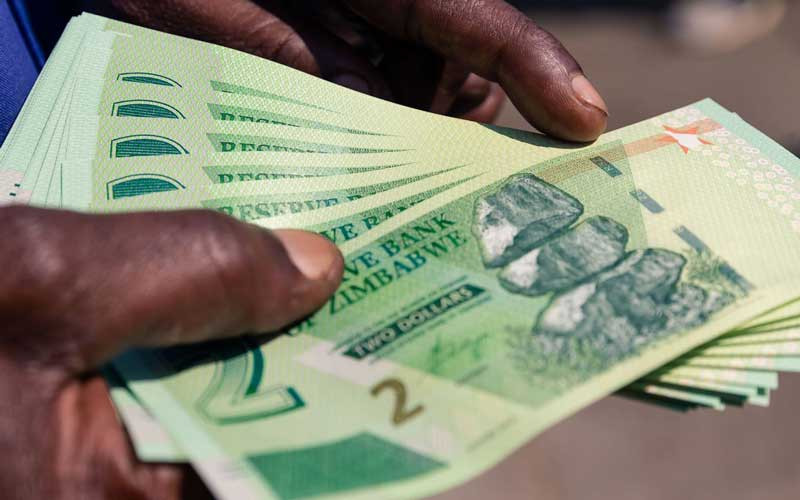
THE introduction of the Zimbabwean dollar as the official currency marked a significant shift in the world of financial markets locally.
This can be attributed to the adaptation of what became the world’s weakest currency. The Zimdollar, which was backed by nothing but words of positivity from the central bank upon official launch, was not welcomed by the public and hence immediately started plummeting soon after launching.
In a bid to enforce acceptance, the government gazetted the Zimdollar as the sole legal medium of exchange in Zimbabwe.
With the currency fast-depreciating, prices started a rat and mouse chase, which in economics would be referred to as rampant inflation.
This led to a bull run on Zimbabwe Stock Exchange (ZSE), which saw the market recording a record-breaking return on investment of over 1 000% in nominal terms in 2020, which translated to over 400% in United States dollar terms.
While stocks were chasing up value, other financial markets were hit hard by regulations and the macro-economic developments. The bond market, whose returns depend on regulations ,became less viable for avid investors, while the debt market became a loss-maker as money was losing value at a fast rate.
The ZSE became the long-standing viable financial market in Zimbabwe and subsequently saw a rapid growth in activity as it became more popular with the public.
However, following the introduction of the contractionary monetary policy in May of 2022, along with other controversial measures specifically targeted towards the ZSE, the bourse lost its grip and a bear run ensued, which saw the market shedding off 85% of its value in US dollar terms.
- Inaugural Zim investor indaba highlights
- Stop clinging to decaying state firms
- ZB explores options to tackle inflation
- Zim operations drive FMB Capital
Keep Reading
This has seen more companies delisting and some planning to delist from the Zimdollar-denominated bourse for a subsequent listing on the US dollar denominated market, the Victoria Falls Stock Exchange (VFEX).
The VFEX is an offshore subsidiary of the ZSE which, among other conditions for a listing, requires any company that seeks a listing to have a strong foreign currency revenue base.
Since the introduction of the bourse, the ZSE has lost companies that include Bindura Nickel Corporation (BNC), Padenga Holdings, Seed Co International and Simbisa Brands to VFEX. One of the major and common pull-factor has been the need to preserve investor value by trading, reporting and projecting in a hard currency. This entails the failure of the local currency as a store of value and a unit of account.
Resultantly, speculations of a possible de-dollarisation post the presidential elections have started to make waves. The economy of Zimbabwe currently boasts of a 2:3 ratio for US dollar as to Zimdollar in total money supply.
This has enabled the viability of the VFEX and other value preservation efforts. De-dollarisation would render the VFEX illiquid against a possible recovery of the ZSE given increased liquidity as foreign balances are liquidated. However, this is unlikely as such a policy has proven to only pose dire consequences to the economy.
The other likely scenario would be a continued contractionary monetary policy, which entails constrained liquidity in the economy and hence a suppressed overall demand level.
While inflation may be successfully mitigated in the process, reducing money supply usually slows down economic growth as individuals and businesses generally halt major investments and capital expenditures, and companies slow down their production.
Lower production causes companies to retrench and thus increase unemployment levels. This will have a ripple effect on financial markets which depend heavily on disposable incomes.
On the other hand, pension funds which deeply invest in stock markets will succumb to the prospective bear run on the bourse as liquidity constraints weigh on demand by triggering sell-offs.
Duma is a financial analyst and accountant at Equity Axis, a leading media and financial research firm in Zimbabwe. — [email protected] or [email protected], Twitter: TWDuma






